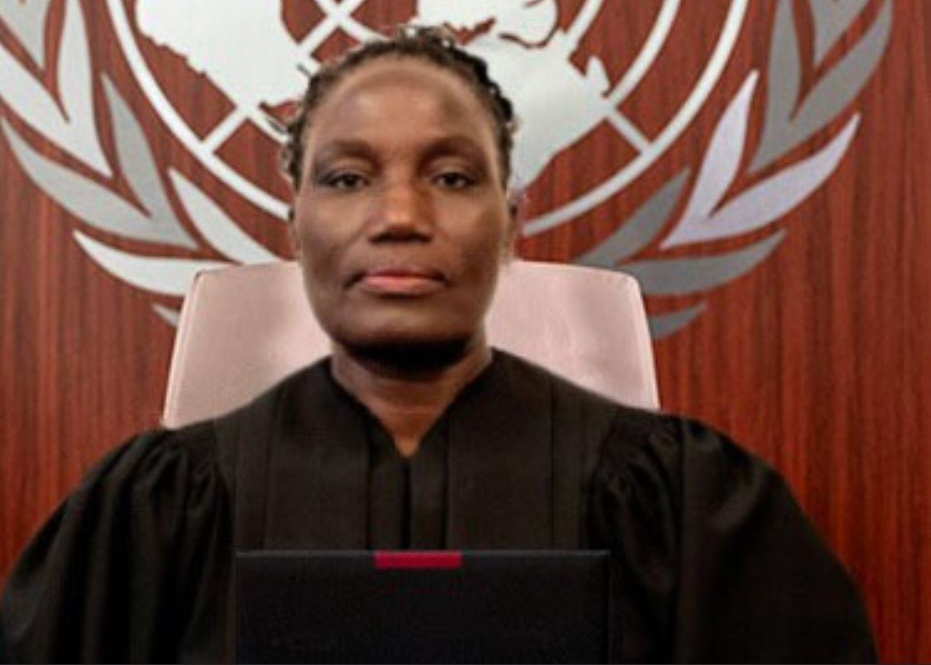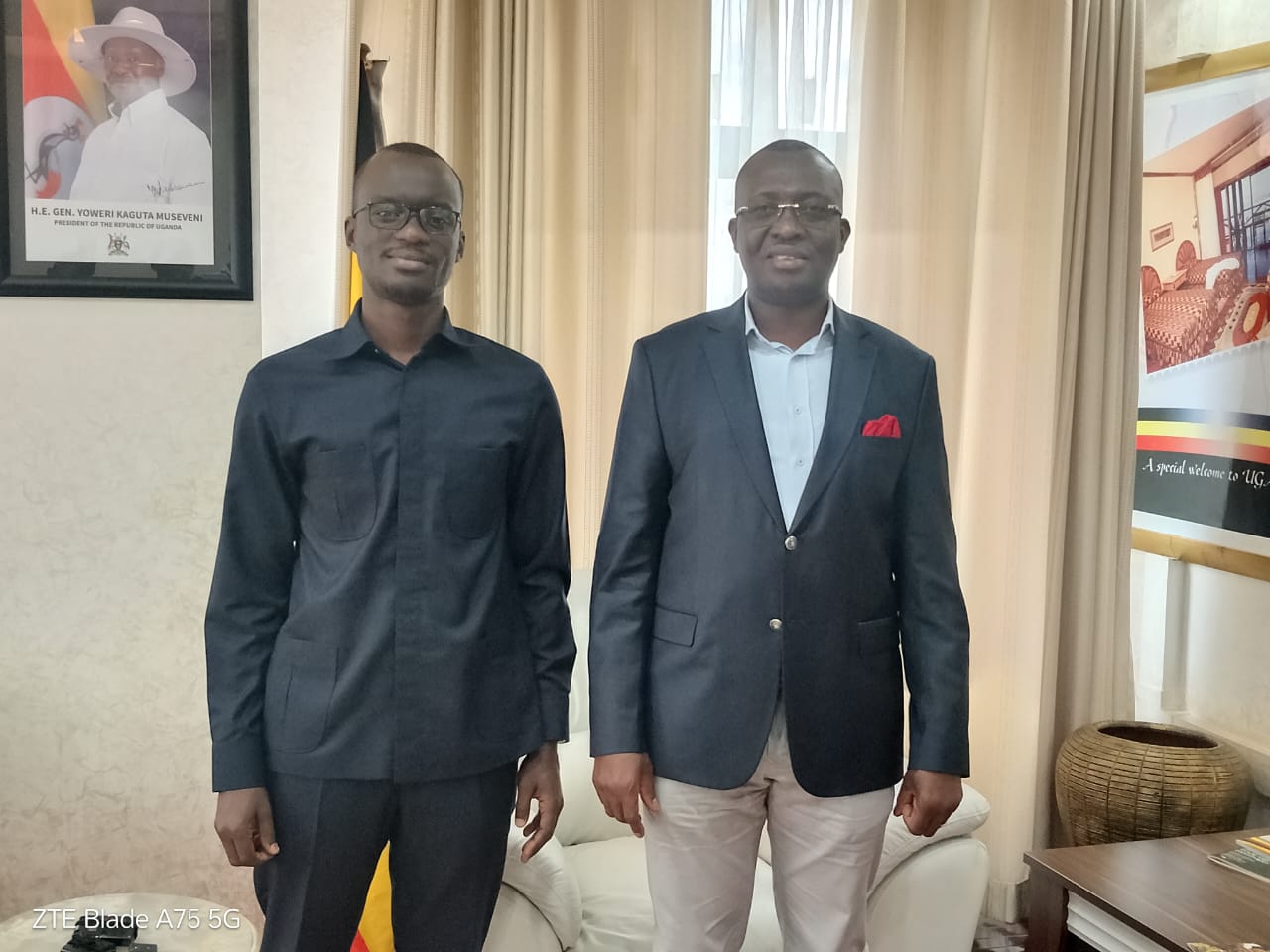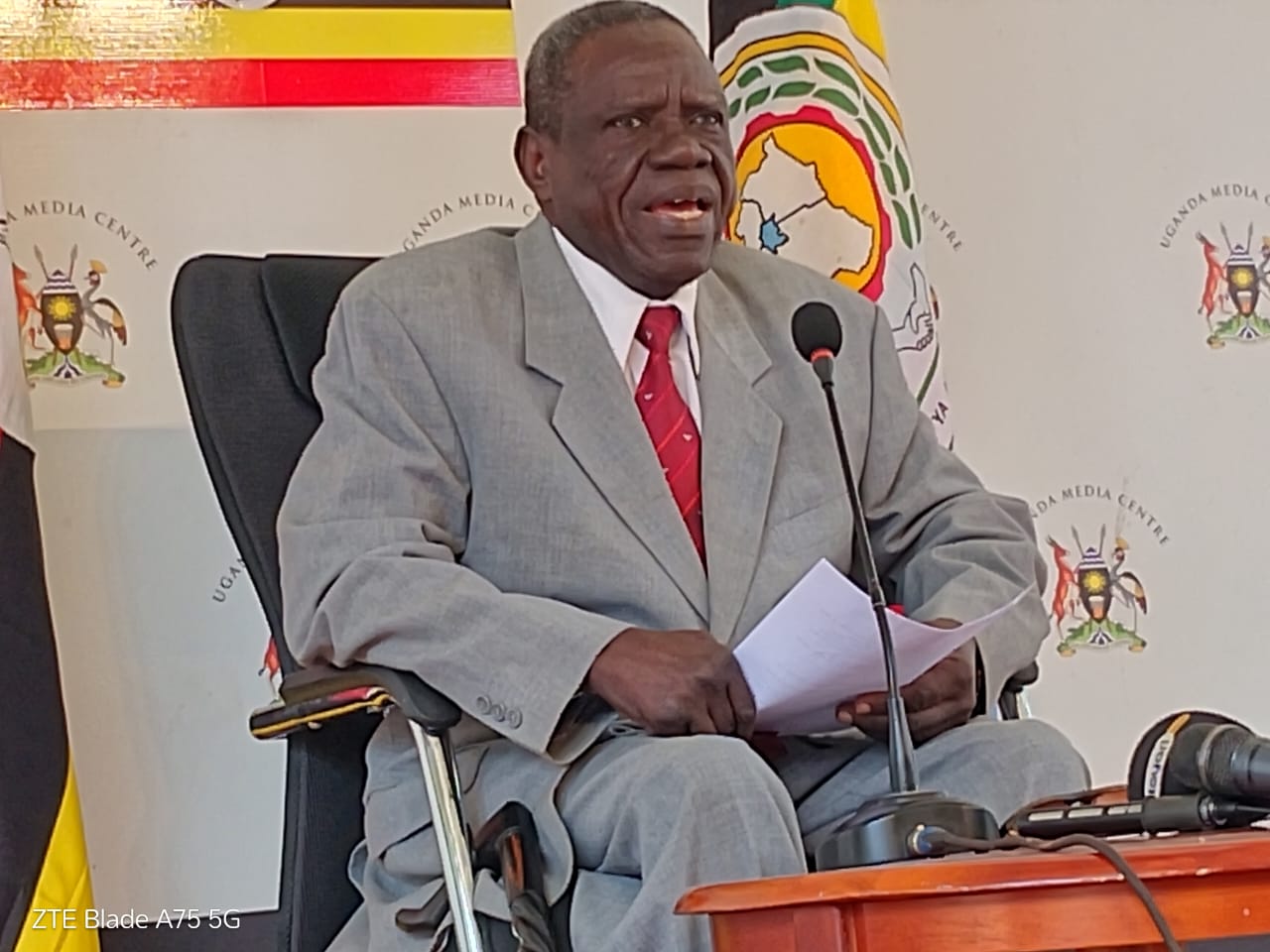The Constitutional Court has dismissed a petition by the Women’s Probono Initiative (WPI) challenging the constitutionality of polygamy.
The unanimous decision, delivered by a panel of five justices, addressed claims that polygamy violates women’s rights to equality, non-discrimination, and health under the Ugandan Constitution.
The WPI argued that Sections 2(h) and 2(gg) of the Penal Code Act, which define “husband” and “wife” as those in monogamous marriages, exempt polygamous husbands from the crime of bigamy under Section 153 (now 142). They contended this exemption discriminates against women, violating Article 21(1) of the Constitution, which guarantees equality before the law.
The petition also claimed that polygamy fosters emotional pain, violence, and unequal property rights, contravening Articles 24, 31, and 33.
Justice Margaret Tibulya, delivering the lead judgment, rejected these arguments, stating, “the exemption of polygamous men from the offence of bigamy under section 153 (now 142) of the Penal Code does not offend Article 21 (1)-(3) of the Constitution.”
She emphasized that polygamy and monogamy are distinct legal frameworks, rendering them “intrinsically unequal.”
Citing the Canadian case Andrews v Law Society of British Columbia (1999), she noted, “Every difference in treatment between individuals under the law will not necessarily result in inequality.”
The court also addressed claims that polygamy subjects women and children to torture or cruel treatment under Article 24. Tibulya found insufficient evidence to support assertions of universal harm, stating, “The deponent’s evidence does not represent what takes place in all polygamous marriages.”
She further noted that the Uganda AIDS Indicator Survey 2011, cited by the petitioner, did not conclusively link polygamy to increased HIV/AIDS transmission, as “HIV/AIDS transmission in both polygamous and monogamous settings is dependent on how the sexual partners practice the known safety measures.”
The WPI argued that Section 4(2) of the Customary Marriage Act and Section 2 of the Marriage and Divorce of Mohammedans Act, which permit polygamy, violate constitutional protections. The court disagreed, finding these provisions gender-neutral.
“Section 4(2) of Customary Marriage (Registration) Act is not inconsistent with Article 21 (1)-(3) of the Constitution on grounds of sex,” Tibulya ruled, noting that the practice reflects cultural and religious choices protected under Articles 29, 31, and 37.
Justice Oscar Kihika, in a concurring opinion, criticized the petitioner’s assumption of a homogenous society, stating, “The framers of our Constitution were alive to the fact that there are diverse communities and religious practices in Uganda some of which espouse polygamy.”
He emphasized the constitutional guarantee of choice under Article 37, adding, “There ought to be respect for other people’s beliefs and practices.”
The court also dismissed claims that the government’s failure to outlaw polygamy violates its obligation to protect women’s dignity under Articles 32 and 33.
The petition, supported by an affidavit from Elizabeth Achola of WPI, sought to strike out the term “monogamous” from the Penal Code’s definitions and declare polygamy unconstitutional.
However, the court found no basis for these remedies and dismissed the petition, ordering each party to bear its own costs due to the case’s public importance.







